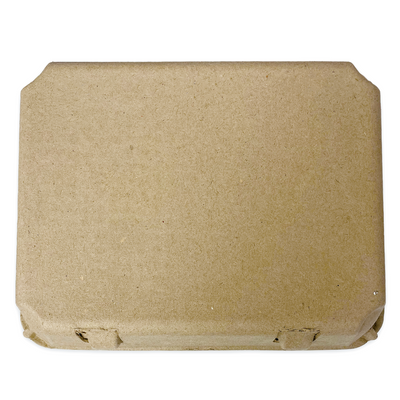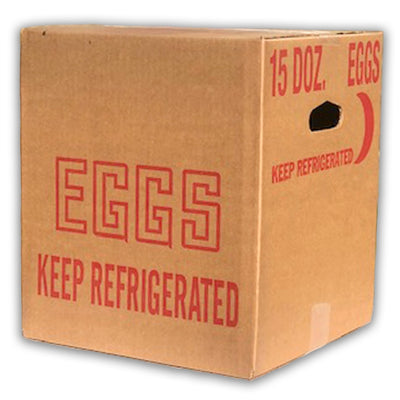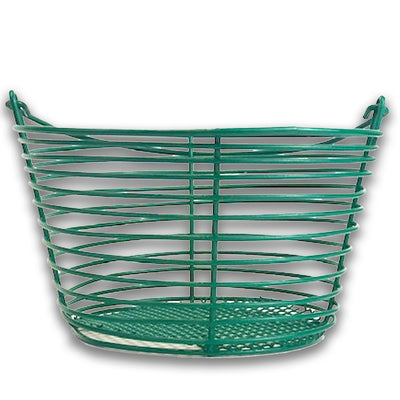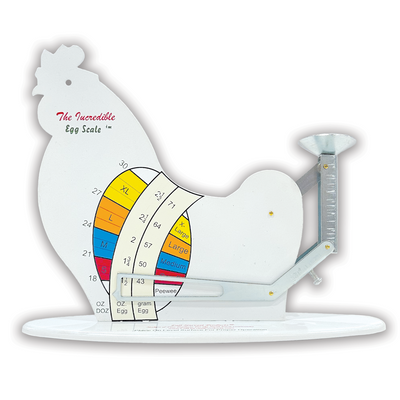Feed the Wild Birds and Your Chickens This Winter
By: Lisa Steele - Fresh Eggs Daily
I have a confession to make. I feed wild birds. Yes, I know that they could be carrying avian flu and pass it on to my chickens (which is why all our bird feeders are far from the coop and run area) and that wild birds are attracted to the run area by the chicken feed (which is why I don't leave feed out overnight and our run is made of 1/2" welded wire). But I just love watching the antics of the chickadees and titmice, seeing the brilliant colors of the cardinals and bluejays and marveling at the downy woodpeckers and other varieties who come to dine at our feeders. I even love having the fat gray squirrels come by from time to time.
Most of the seeds and other things I buy to feed the wild birds are things our chickens also enjoy, so I make sure to buy enough for both. I love that these treats do double duty and I can both feed the wildlife and our chickens out of the same bag. To keep the wild birds out of our run, where they certainly would start to congregate once they found out the chickens were also enjoying tasty nuts and seeds, our run is made of 1/2" and 1" welded wire - too small for the birds to get through - and also covered on top.
Here's a handy list of some nutritious wintertime treats for both your chickens and the various types of wild birds.
Feed the Wild Birds and Your Chickens This Winter
Black-oil sunflower seeds are my #1 choice for bird seed. If you are only going to offer one type of seed in the winter to the birds, this should be it. Over 40 species of birds eat sunflower seeds, and your chickens will love them. The shells on the BOSS are thinner than those on the grey-stripe seeds, so they're easier for smaller birds to handle. Highly nutritious, the seeds are more than 40% oil, making them a great source of energy.
Cracked corn is included in most bird feed mixes and is a crowd favorite, both mixed with seeds and by itself. Not very nutritious, corn does provide lots of carbs and quick energy for birds in the winter.
Dried fruit (raisins, cranberries, apples) is a nice change for birds in winter. They will love raisins or cranberries (soaking them in warm water makes them easier to eat) and even dried or fresh apple or orange slices. Bluejays, orioles and warblers especially love fruit. Your chickens likely won't be fond of the oranges, but will enjoy the other things.
Eggshells aren't just for backyard chickens. Wild birds will appreciate a helping of crushed eggshells also. Especially when it gets closer to spring, when the wild birds start laying eggs again, they benefit from the added calcium, just like your chickens do. Many plants contain calcium, which is how the wild birds normally get their ration, but putting out some crushed eggshell for them to eat as the snow starts to melt will give them a headstart on their calcium stores.
Mealworms aren't just for chickens. Bluebirds in particular love them too! When the ground is frozen and the wild birds can't find bugs and worms for their protein needs, leave out some dried mealworms for them. At 53% protein and 28% fat, you can't beat that for a nourishing winter treat.
Peanuts/Peanut Butter are a great choice for energy in the cold weather. Organic, unsalted natural peanut butter is best. Or leave out shelled unsalted peanuts for the birds. Our ducks especially love peanuts and will eat them shell and all.
Safflower seeds are a great choice for the wild birds because nuisance birds such as sparrows and starlings, and pesky squirrels don't seem to like them. However, safflower seed contains healthy Omega 6 fatty acids, Vitamins E and K and helps boost the immune system, so it's a great treat for the chickens and song birds.
Suet is the ultimate cold weather treat. The combination of grease or oils and nut/seed proteins provides wild birds and your own flock with much-needed sustained energy. You can buy commercial suet blocks or make your own.
Thistle/Niger Seed is a big favorite of goldfinches. If you want to attract them to your yard, put out a thistle sock or feeder. And don't forget to share with your chickens. They will love munching on the thistle as well, and since it's 35% fat and 18%, it will keep them warm and full of energy through the winter.






Leave a comment